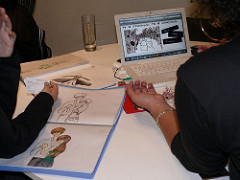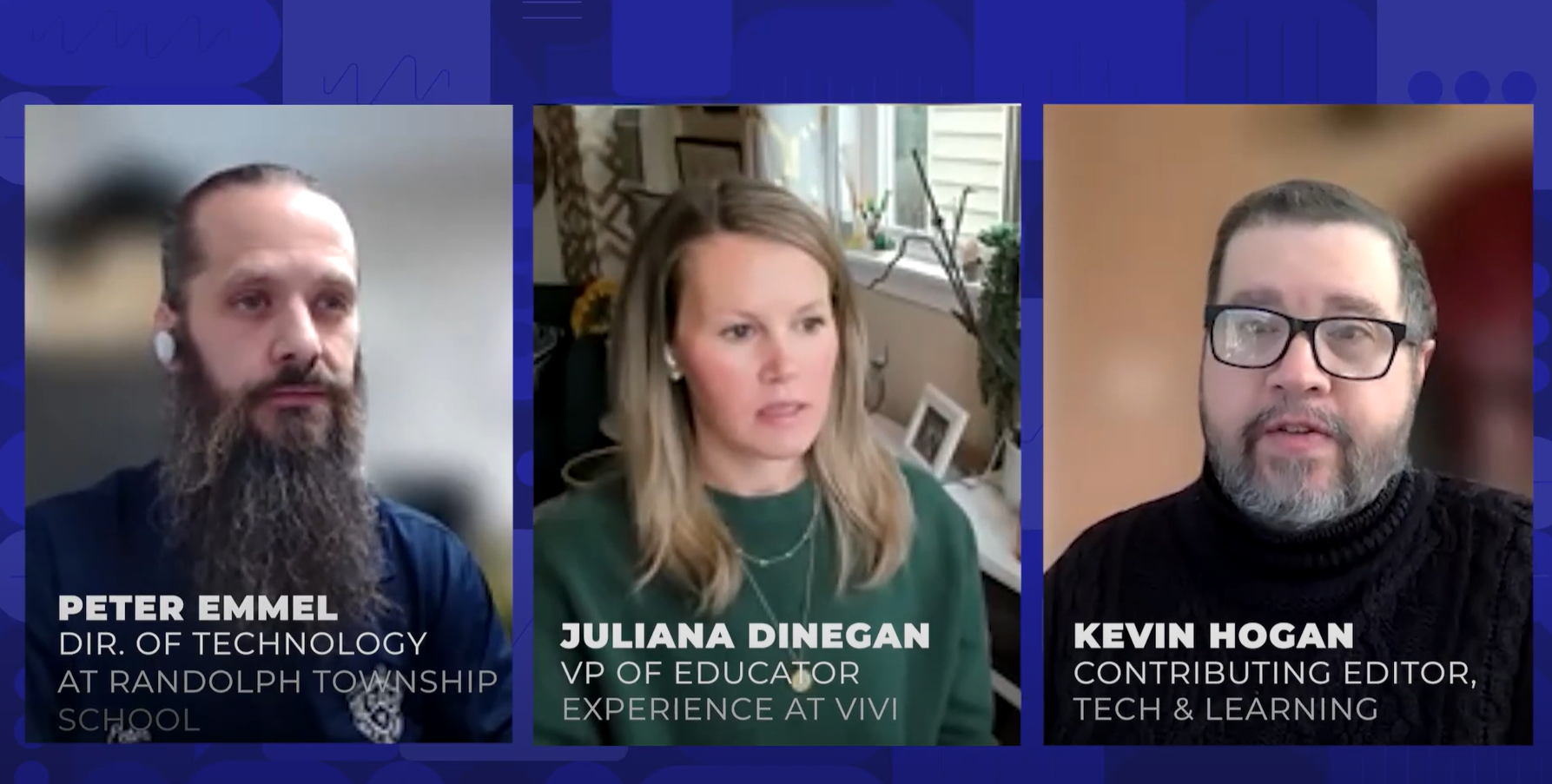The Web 2.0 Project Book

The free eBook I published about a year ago, 60 Web 2.0 Projects, has been very popular, with around 11,000 downloads to date. However, new applications have become available, some of the links in the book no longer work, and new projects have been undertaken. For these reasons I am hoping to update the book and bring out a second edition.
Would you like to contribute?
I am not looking for ‘best practice’ as such. The most-valued aspect of the current book is the wealth of ideas it contains. (Teachers, being the creative type, can always adapt the ideas to their own circumstances, such as by making the assignments simpler or harder for a different age group.)
The reason I say this is that many people, especially new teachers, are a bit backward in coming forward when calls for submissions are made, thinking that they have little to contribute. In fact, it is often the case that it’s the newer teachers come up with ideas that more established ones wouldn’t have thought of!
The current edition is still available. In the second edition, I should like to also include information about what barriers there are to implementing Web 2.0 in the classroom, and how people have overcome them; and what people’s favourite Web 2.0 applications are.
If you would like to contribute, you will find an online form for that purpose. It should take you only a few minutes to complete. The deadline is midnight British Summertime on 30 September 2009.
(If you contributed to the first edition, you should have received an email last week.)
Tools and ideas to transform education. Sign up below.
If your entry is included in the next edition of the projects book, it will be available to anyone who wants it, on the internet. On that note...
What are the benefits of contributing to this book?
- Your contribution will appear in a publication edited by someone other than yourself. I think that's quite important: these days, anyone can publish anything, but having someothing published by someone else indicates that, to perhaps state the obvious, someone else thought it worthy of publishing! The thing is, although I am not looking for best practice as such, I'm not going to include poor practice or poorly explained practice.
- Your work will come to the attention of a large audience. I don't know if 11,000 downloads is a lot in the total scheme of things, but it seems a lot to me! Indeed, I know for a fact that some of the people who downloaded the ebook printed it off and distributed it to their colleagues, so I should think that that figure of 11,000 represents a minimum in terms of the number of readers.
- You will have the satisfaction of knowing that others will benefit from your experience. It's quite nice to be told that something you wrote inspired someone else to try the same thing, or a variation of it.
What are the benefits of the book itself?
From what people have told me, and from presentations I've given which use the ebook, I'd suggest the following:
- It's nice to have a collection of projects all in one place, that people can quickly browse though and select from. The way I organised the first edition was to put the projects in age groupings, and people seemed to find this quite helpful. Of course, many if not all of the projects can be modified to suit an older or a younger age group.
- It becomes very clear very quickly that many of the projects do not require an awful lot of setting up. In fact, one delegate at a conference in which I was presenting put his hand up and said: "I could start almost any one of these when I get back into school tomorrow." Exactly!
- I find that the mere fact of having a collection of ideas in one place is inspirational in itself.
- You might argue that a lot of stuff is available on the internet anyway, and you would be right. All I am attempting to do with this ebook is to collate a number of interesting projects together in one place, to save busy teachers having to spend time trawling the web themselves. So by contributing to the book you would be helping others to save precious time.
So what makes for an 'interesting' project?
Rather than answer that question directly, I'd like to suggest that what you find interesting and what someone else finds interesting will differ, and will depend on several factors -- not least, what you need to achieve with yoiur students. So my definition of 'interesting' in the context of this ebook is the following:
- Does it make use of Web 2.0 technology?
- Did it have a clearly-defined aim?
- Is enough description provided to enable others to know what was actually done?
- Have there been any outcomes yet? This is not a deal-breaker by the way: you may have just embarked on the project.
- Is there a URL people can look at? This is not necessarily a deal-breaker either, but it would have to be pretty outstanding for me to include it. If it's a private URL, perhaps you could create a guest log-in that could be cited in the book?
- Is what you did replicable by other teachers with the minimum of fuss?
I hope that you can see from this list of questions that I'm not looking for earth-shattering research here. If your aim was to see if using a wiki could get boys interested in reading, that's fine -- especially if you can cite evidence that it worked (and 'evidence' could be anecodotal, such as what a pupil or her parents said).
Why now?
I have to declare a bit of a vested interest in undertaking this update now, as opposed to some time in the future. I’ve been invited to give some talks on Web 2.0, so now seems like a good time to update the book. Obviously, I will be mentioning the eBook in my talks, which should lead to people downloading it and, therefore, seeing your contribution.
If you are considering submitting something, but are concerned about whether it is appropriate, just get in touch and ask me. Or simply complete the online form, which will probably take you a similar amount of time anyway.
An earlier version of this story was first published in Computers in Classrooms, along with articles about websites for learning Chinese, using cartoons and comics, using new technology, an ICT skills course for education and much more. Why not sign up for free now!
